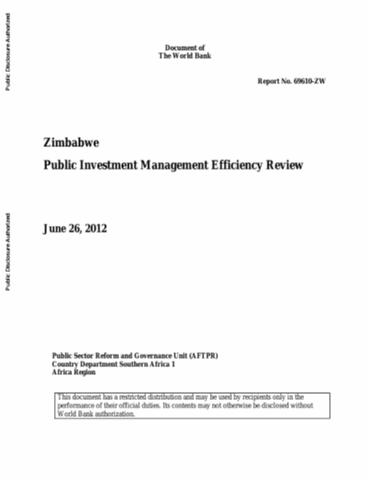REAL LIVES, TRUE STORIES
When we talk about corruption in terms of statistics, it’s easy to forget the human cost of abused power. Behind every fact or figure are real people, forced to live without the services, opportunities and rights they deserve. All too often, these stories remain hidden – silenced through threats and intimidation, or drowned out by louder, more powerful voices. But with the right help, people can and do speak out. From rural villages to global cities, we are working around the world to help people break the silence and stand up against corruption.



